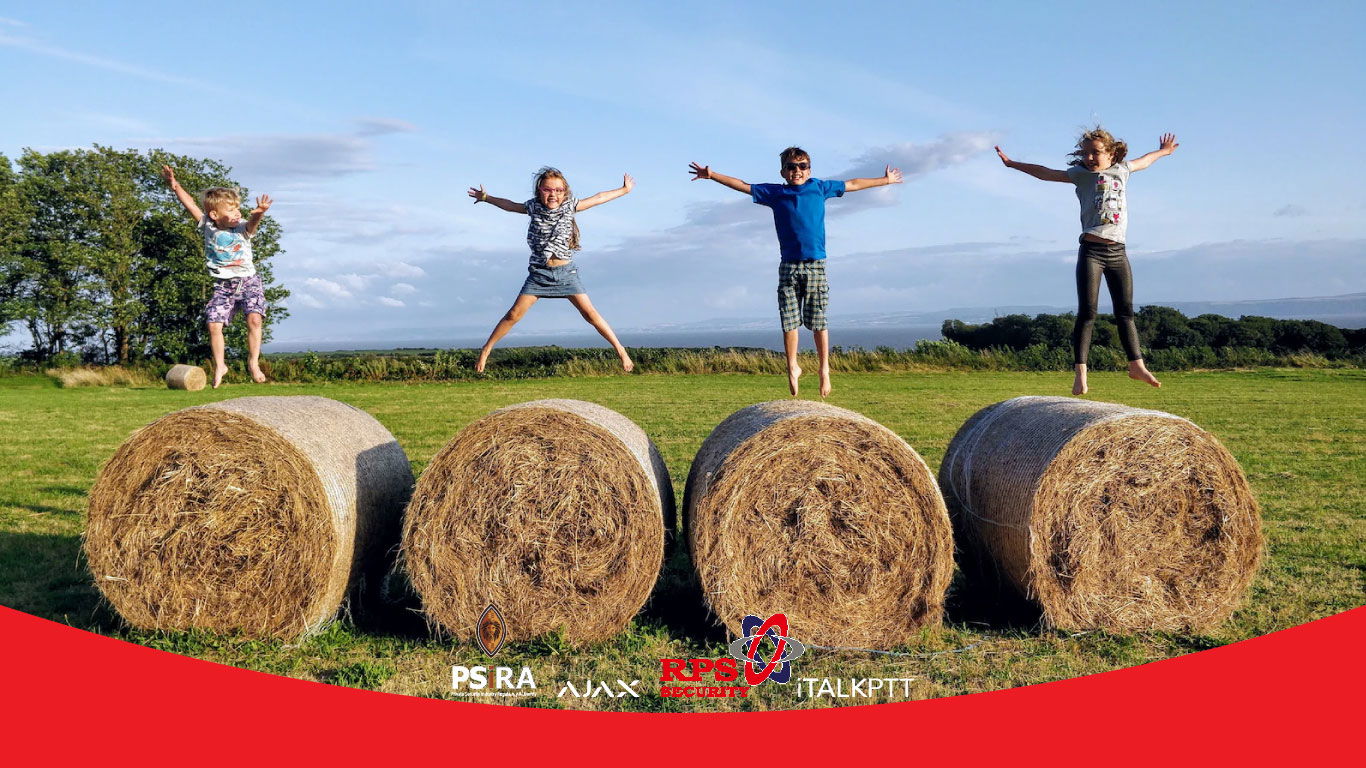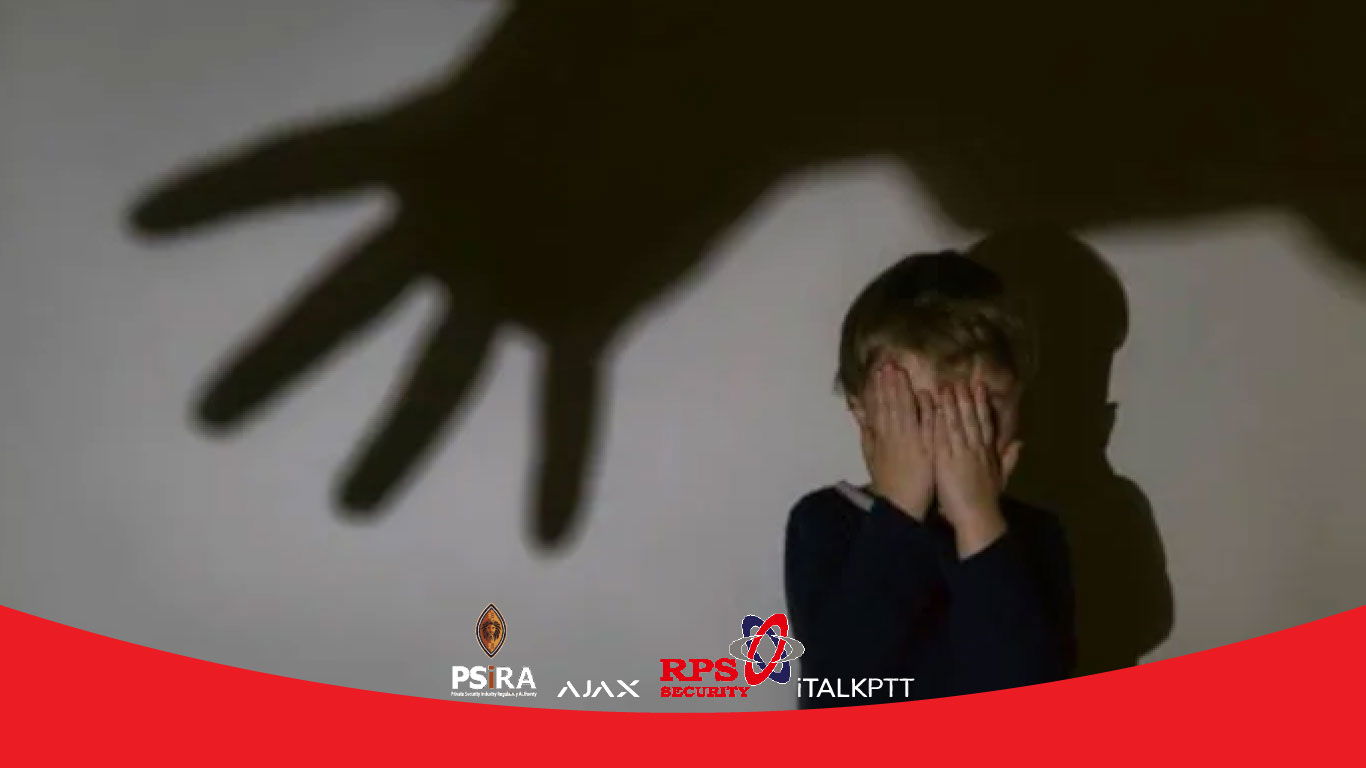Fostering Trust: A Cornerstone of Child Safety with RPS Security

What is Child's Safety?
Child safety is a multifaceted concept encompassing various measures to protect children from potential harm, both physical and emotional. It involves creating an environment where children feel secure, nurtured, and free to express themselves without fear.
10 Safety Rules for Kids:
- Stranger Danger: Teach children to be cautious around strangers and not to accept anything from them without parental permission.
- Emergency Numbers: Ensure that children know how to dial emergency numbers and understand when to use them.
- Safe Spaces: Educate children about trusted locations where they can seek help if needed.
- Online Safety: Establish guidelines for safe online behavior and educate children about potential risks on the internet.
- Buckle Up: Emphasise the importance of wearing seat belts and using age-appropriate car seats.
- Fire Safety: Teach children about fire safety, including evacuation procedures.
- Water Safety: Instill the importance of water safety rules during activities such as swimming.
- First Aid Awareness: Introduce basic first aid concepts, including applying a bandage.
- Recognising Suspicious Behavior: Teach children to recognize signs of suspicious behavior and how to react.
- Trust Their Instincts: Encourage children to trust their instincts and communicate openly about their experiences and concerns.

4 Things Necessary to Keep a Child Safe:
- Supervision: Always provide age-appropriate supervision.
- Communication: Maintain open lines of communication, making it easy for the child to share their experiences.
- Education: Continuously educate children about safety rules.
- Trust: Build a foundation of trust that encourages open communication.
Your Child Needs to Know They Can Trust You:
The key to a strong parent-child relationship lies in trust. When your child trusts you, they feel comfortable sharing anything that makes them feel uncomfortable. It's crucial to be attuned to your child's emotions and know when something or someone is bothering them.

Why Trust is Essential for Child Safety:
- Open Communication: Trust fosters open communication, allowing children to express their concerns without fear of judgment.
- Early Intervention: When children trust their parents, they are more likely to seek help early if they encounter troubling situations.
- Emotional Well-Being: A trusting relationship contributes to the child's emotional well-being, creating a sense of security and support.
- Preventive Measures: With trust, parents can implement preventive measures more effectively, addressing potential risks before they escalate.
We Need to Keep Our Children Safe!
RPS Security emphasizes the importance of trust as a cornerstone of child safety. By fostering trust and maintaining open communication, we create an environment where our children feel secure, understood, and empowered. Follow us for ongoing safety insights and resources because together, we can ensure the well-being of our most precious treasures.